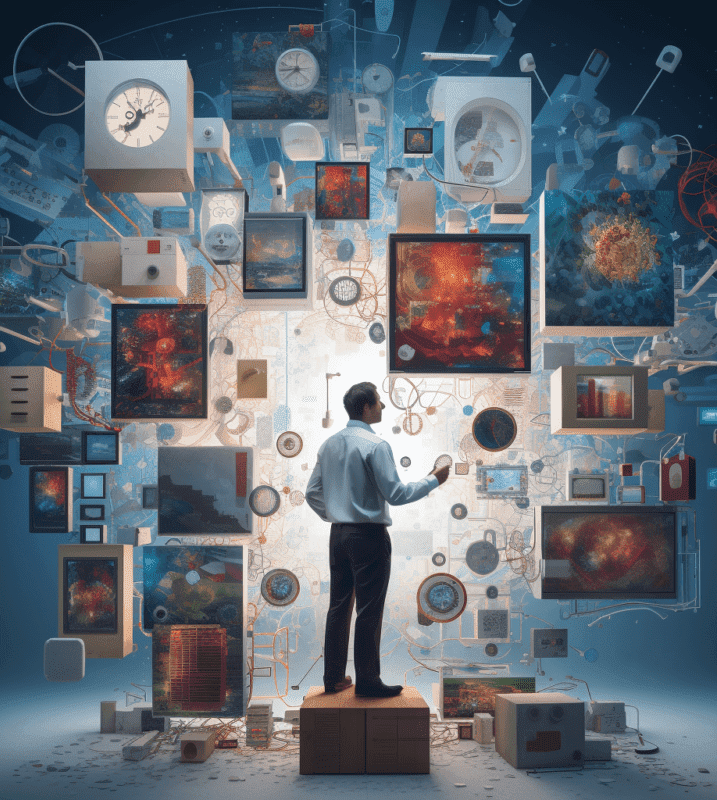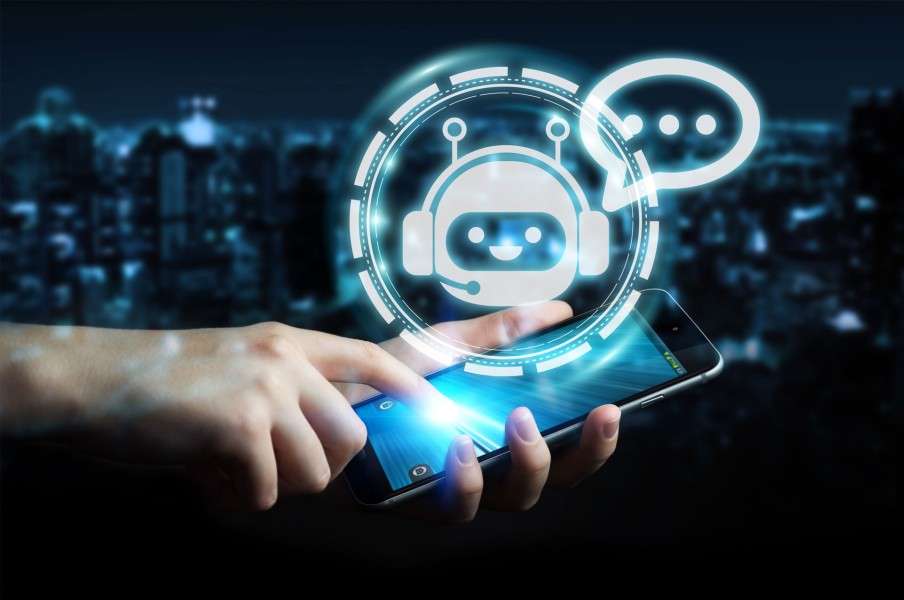September 29, 2023
Chatbots: Transforming Guest Journey
The hospitality industry is no stranger to innovation, and in recent years, chatbots have emerged as a game-changer in guest relations. In a 2018 study conducted by Humley, over two-thirds of Americans expressed their desire to use chatbots to enhance their online travel experience. With the global chatbot market projected to reach $1.25 billion by 2025 and a strong public reception (only 11% of customers view the technology negatively), hotels are faced with a compelling question:
How can chatbots redefine the guest experience? Join me in exploring this comprehensive guide to chatbots in the world of hospitality.
How can chatbots redefine the guest experience? Join me in exploring this comprehensive guide to chatbots in the world of hospitality.
Understanding Chatbots:
Let's start with the basics. What exactly is a chatbot? In essence, a chatbot, also known as a virtual agent or assistant, is a software program capable of simulating both written and spoken human conversation. In the realm of customer service, there are two primary types of chatbots: task-oriented (focused on specific functions based on predefined rules) and data/AI-driven (conversational and self-learning).
For our discussion, we'll predominantly delve into the world of conversational/AI-driven chatbots.
For our discussion, we'll predominantly delve into the world of conversational/AI-driven chatbots.
Top Benefits for Hotels:
Hospitality organizations have strategically harnessed chatbots to:
- Craft superior guest experiences leading to enhanced satisfaction, loyalty, and spending.
- Streamline repetitive and time-consuming tasks, allowing front office staff to devote more time to forging personalized connections with guests. This, in turn, boosts employee satisfaction by enabling staff to engage in more stimulating interactions.
- Accelerate the resolution of inquiries with remarkable efficiency (as per a study, 79% of customers prefer real-time chat to avoid waiting on hold).
- Ensure precision in service delivery, mitigating the costs and risks associated with human errors.
- Scale their business teams more effectively in their interactions with customers.
- Discern unique cross-selling and upselling opportunities through personalized engagement.
AI in Chatbots: Elevating Experiences
The capabilities of chatbots become even more compelling when paired with AI enhancements. A standout AI capability is natural language processing, enabling chatbots to engage in human-like, natural conversations. By integrating natural language processing, hotels can create conversational self-service solutions that facilitate seamless and enjoyable interactions.
Practical Applications for Hotels:
Consider these five ways hotels can harness the power of chatbots:
- Optimize the Booking Process: Chatbots present information clearly and accurately, ensuring guests secure the best deals.
- Create an "Always-On" Presence: Chatbots promptly address inquiries, fostering a positive initial impression and enhancing the guest experience.
- Develop a Virtual Concierge: Chatbots operate as 24x7 virtual concierges, recommending local activities, making reservations, and delivering personalized messages and offers.
- Support Business Travelers Effectively: Chatbots can sync with work calendars, deliver relevant information, and coordinate schedules for events hosted at your venue.
- Personalize and Expedite Check-Ins/Check-Outs: Chatbots expedite these essential processes, send transaction summaries, and satisfaction surveys.
Key Recommendations: Making Chatbots Work for You
To embark on your chatbot journey, follow these recommendations:
- Start with a Single Purpose: Initially, focus on a specific function and gradually introduce more advanced AI integrations.
- Develop Smart Pre-Built Responses: Create response flows for various inquiries and build responses that trigger appropriate actions.
- Facilitate Human Assistance: Always offer customers an option to connect with a live person, ensuring a smooth transition that retains context.
Pros:- 24/7 Availability: Chatbots provide round-the-clock assistance, enhancing guest satisfaction. Guests can get answers to their inquiries anytime, day or night.
- Efficiency: They excel at handling routine tasks, freeing up staff to focus on more complex guest interactions. This leads to improved staff productivity.
- Personalization: Chatbots leverage guest data to deliver tailored experiences. From room preferences to dining recommendations, they make guests feel valued.
- Cost Savings: By automating various tasks, chatbots reduce labor costs and increase operational efficiency. This translates into significant savings for hotels.
- Data Collection: Chatbots are data-driven. They collect valuable insights into guest preferences and behavior, which can be used for targeted marketing campaigns and service improvements.
Cons:- Limited Human Touch: Despite their efficiency, chatbots lack the personal touch of human interaction. Some guests may prefer traditional face-to-face assistance.
- Technical Issues: Like any technology, chatbots can encounter glitches or errors. It's essential to have backup plans in place.
- Initial Setup: Implementing chatbots requires an investment in software, training, and integration with existing hotel systems. The initial setup can be resource-intensive.
Pricing
Chatbot pricing models vary widely. Some providers charge a flat monthly fee, while others use usage-based pricing. Costs can range from hundreds to thousands of dollars per month, depending on the features and the size of your hotel.
Integrations:
Seamless integration with your existing hotel systems is crucial. Ensure that the chatbot can connect with your Property Management System (PMS), Customer Relationship Management (CRM) tools, and booking engines to streamline operations.
Customization:
Consider how well the chatbot can be customized to align with your hotel's brand and specific service offerings. A tailored experience enhances guest engagement.
Security and Data Privacy:
Prioritize chatbot providers that adhere to stringent security and data privacy standards. Protecting guest data is paramount, and your chatbot should comply with industry regulations.
Guest Feedback and Analytics:
A robust chatbot should provide actionable insights through analytics. It should also include guest feedback collection as part of its capabilities. These insights can inform service improvements.
Customization:
Consider how well the chatbot can be customized to align with your hotel's brand and specific service offerings. A tailored experience enhances guest engagement.
Training and Support:
Evaluate the training and support offered by the chatbot provider. Adequate training ensures that your staff can effectively utilize the chatbot's capabilities.
Scalability:
Choose a chatbot solution that can grow with your hotel's needs. As your operations expand, the chatbot should accommodate increased demand and new functionalities.
User Experience:
Test for user-friendliness and responsiveness from a guest's perspective.
The future of guest experience in hospitality will undoubtedly be shaped by chatbot technology. Is your hotel prepared to seize this opportunity?
The future of guest experience in hospitality will undoubtedly be shaped by chatbot technology. Is your hotel prepared to seize this opportunity?
The future of guest experience in hospitality will undoubtedly be shaped by chatbot technology. Is your hotel prepared to seize this opportunity?
Andreas Schmit
CEO




